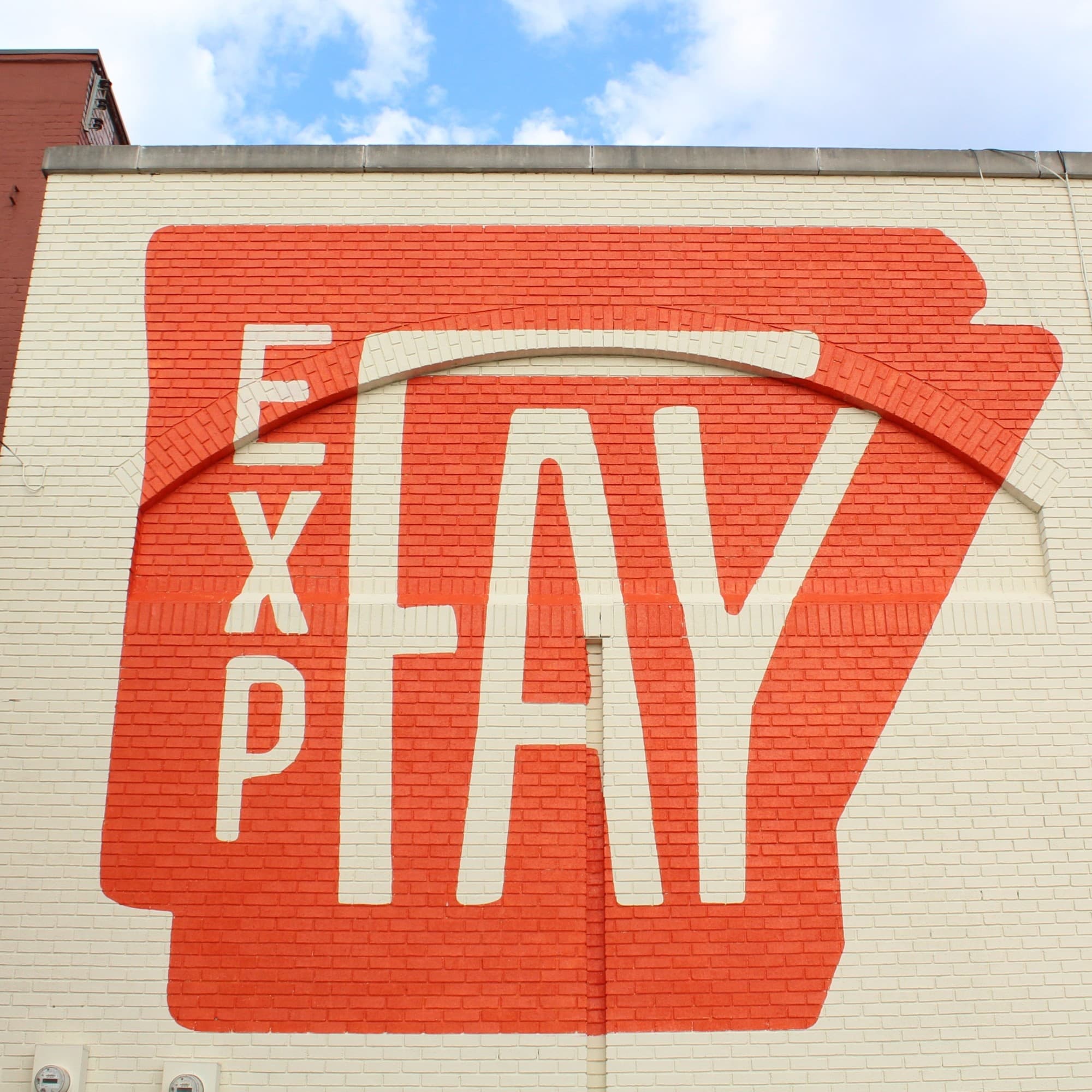
6 Reasons to Run for Office as an Independent in Arkansas
Arkansas is a state that values freedom. Although Republicans hold the governorship and outnumber Democrats in the state legislature by a large margin, recent surveys indicate that there is a shift in the wind and it’s blowing toward independents.
Whether you’ve considered running for office but don’t know where to begin or you need help developing your campaign, there are many good reasons to consider running as an independent candidate in the state of Arkansas.
Here are six of the best.
#1: You Want to Give Back to Your Community
The main reason people choose to run for office is that they want to give back to their community. Perhaps there’s an issue you want to address or a cause you’re passionate about. Maybe you’re just tired of the establishment politicians filling their pockets or serving special interests instead of the people who elected them.
Whatever the reason you want to represent your friends and neighbors in Arkansas, there are elected offices at the federal, state, and local levels that will empower dedicated individuals like you to improve the quality of life for your constituents.
#2: Support for Independents is on the Rise in Arkansas
Arkansas may seem like a bastion of Republican rule, with the governorship and both branches of the state legislature currently under their control, but recent data shows that dynamic may be changing.
According to information collected by the Secretary of State, voters who identify as third-party, independent, or unenrolled now outnumber registered voters from both establishment parties.
The data includes both active and inactive registered voters, and it breaks down like this:
1,552,641 optional or undeclared
123,726 registered Republicans
88,508 Democrats
692 Libertarians
13 nonpartisan
100 Green Party
1 “other”
Pulaski alone has more than 200,000 undeclared voters, compared to 24,875 registered Democrats and 12,484 Republicans. In fact, every single location listed on the SoS roster has substantially more undeclared voters than either establishment party.
An independent who has a strong ground game and a message that resonates with voters could make an impact at the state or local level.
#3: Party Affiliation Isn’t Always Necessary
Although the governorship and federal senate offices won’t be open for elections in 2024, both chambers of the state legislature have races. It’s also notable that eight of the 13 state executive positions in Arkansas are non-partisan.
Winning a seat at the local level in a position like county clerk, school board, or even mayor can provide name recognition and experience for those with aspirations for a higher office in future elections. Legal or law enforcement experience will qualify potential candidates for elected office in the judiciary, local district attorney’s offices, or county sheriff.
Is there a Circuit Court judgeship or seat on a city council in your future?
#4: Election Laws Make it Easier for Independents to Run for Office in Arkansas
Although there are currently no independent or third-party officials in the Arkansas state or federal legislatures, ballot access has a fairly low threshold for qualifying to run for Congress or the state house.
First of all, Arkansas is an open primary state. That means voters needn’t declare party affiliation to vote. Candidates are not required to register for an establishment party to run, either.
To qualify for ballot access to run for the U.S. Senate or a state executive position, independent candidates must:
Be a U.S. citizen
Be a resident of Arkansas and/or the county or township of the elected position (for local offices) for at last one year
Be at least 25 years old (senator) or 21 years old (state representative); all other non-presidential candidates must be at least 18
File a political practices pledge, affidavit of eligibility, and notice of candidacy
Collect qualified petition signatures
The signatory requirement amounts to the lesser number between 10,000 voters or 3% of total voters in the state for federal candidates and 2,000 voters or 3% of total voters in the county, township, or district of candidacy for state executives.
Be aware that one of the 20 bills passed during the 2023 Regular Session of the Arkansas House of Representatives, SB254, eliminates the portion of the ballot for write-in votes, so make sure to meet filing deadlines and requirements for ballot access as an independent candidate.
#5: The Demographics are Shifting
Studies indicate that younger voters are more malleable and likely to upset the establishment dynamic than older folks, and this could be good news for independents. According to data gathered by Pew Research, voters between the ages of 30 - 49 are the largest voting block in Arkansas, with 33%. That’s followed by the 50 - 64-year-olds and then eligible votes between 18 - 29. Individuals over the age of 65 represent only 18% of Republicans/Republican-leaning voters and 21% of those who are Democrats/Democrat-leaning.
Those changing demographics could provide opportunities for independent candidates to change minds about representation as well.
#6: There are More Resources for Independent Candidates Than Ever
Election officials and enterprising stakeholders have seen the writing on the wall when it comes to a shift towards non-establishment candidates. There are more resources and information available than ever to help future politicians make their mark in elections up and down the ballot.
A great place to start your campaign is GoodParty.org Academy. This course is ideal for:
First-time candidates
Community leaders
Political organizers
Local business owners
Influencers
If you want to make a difference in your community by running for elected office, this program is taught by experts who have decades of experience with voter mobilization, campaign strategy, and other practical inside information that’s designed to help ordinary people run for office and win.
With the right tools and actionable goals, you have an opportunity to make a positive difference in your community.
Offices That Are Up for Grabs in 2024
On the ballot for the 2024 elections, interested candidates could consider running for:
U.S. House of Representatives
State Senate
State House
State Supreme Court
Intermediate appellate court
Locally, there are a number of annual school elections, mayoral races, and ward directors on ballots across the state.
How to Run for Office in Arkansas
Once you’ve engaged with GoodParty.org and made a decision to run for office, make sure to get your platform and campaign team together before launching your campaign.
Then, it’s time to visit the Arkansas Secretary of State website to get the ball rolling. There you’ll find election handbooks, links to obtain the necessary forms, and get further details about ballot qualifying criteria and guidelines.
After everything is filled out and in order, it’s important to meet all filing deadlines if you want to get on the ballot in time for the next election. In Arkansas, the deadline to declare candidacy is March 1 of the election year or the following business day if the first falls on a holiday or weekend. Heed the ballot access requirements outlined above before filing.
Help Build a Brighter Future for Arkansas
It probably seems complex, maybe even a bit confusing, to consider running for office in Arkansas. However, it is doable when you have a passion for public service and the right kind of support.
GoodParty.org can help with that.
We’re on a mission to reshape the political system in America, and we have the tools and knowledge to help candidates who have a vision for the future run for office and win elections. Get in touch with us to sign up for GoodParty.org Academy or learn more about our program and free campaign technology.
Photo Credit: SmallWorld on Unsplash

